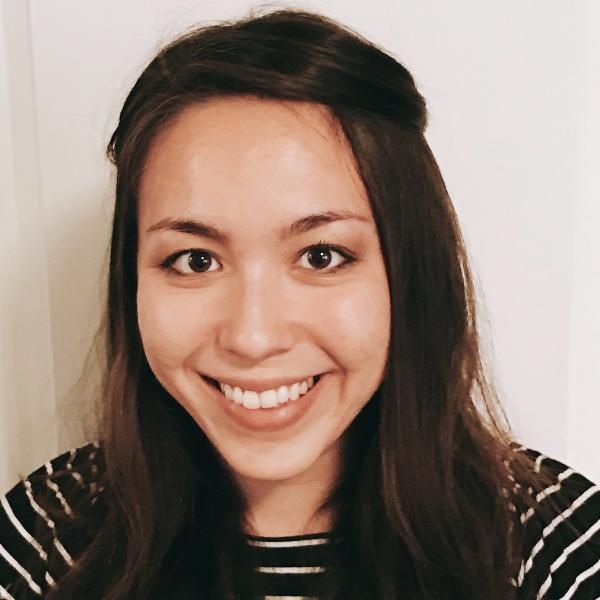Dr JuEunhae Knox
School of History, Philosophy and Digital Humanities
Teaching Associate in Digital Humanities


- Profile
-
I am a Teaching Associate in the Digital Humanities at the Digital Humanities Institute (DHI), delivering the Digital Culture and Communication and Cultural Data Management and Communication MA programmes.
My research focuses on the politics, economics, and power systems of social media networks and intimate publics, as well as analysing the text, hypertext, and paratext of digital-born art forms.
Prior to joining the DHI, I organised the inaugural global conference #Reading Instapoetry during my PhD at the University of Glasgow, where I won the William Lauchlan Mann Prize and the Chancellor’s Fund for innovation and impact. I am now co-authoring the first critical collection on Instapoetry and conducting research on AI creative collaborations in poetry and narrative texts. My M.Ed and BA in English and Education at UCLA focused on making literature more accessible to students with learning and language differences, and it is my key aim to study how shifts in digital culture can both Other and demarginalise BAME and neurodivergent individuals.
- Research interests
-
Language, in all its complex and varied forms, is power. Whether in the form of Spoken Word at a political rally or the metadata of an account’s privacy settings, language can be wielded to effect transformative structural change or subtly uphold hegemonic partisanship. I am interested in examining how digital language and platforms influence these shifts of power imbalances, and the ways that users can become equipped as more responsible digital citizens.
My research scope explores three primary angles of power distributed by digital texts. I am firstly interested in the evolution of the Digital Creator Economy, particularly in the methods that members use text, metatext, and hypertext to develop creative industrial objects on social media. My thesis and subsequent publications, such as Reel Real Poetry and United We ‘Gram, have examined the burgeoning genre of Instapoetry and related born-digital art forms ranging from corecore TikToks reels to Tumblr polls to noteapp poetry. I analyse the amateur professionalism of digital creators, and their ability to expand as poets+ or artists+ through a self-taught repertoire of entrepreneurship, search engine optimisation, digital editing, and brand guruship. In particular, I am currently investigating how niche communities, from BIPOC motherhood reel makers to neurodivergent IGpoets, can escape full gig subsumption by using paratext to create mutual gifting economies.
It is also essential to examine the theoretical frameworks behind such ‘self-managed’ digital marketers, which have been handed down for multiple decades in a silent inheritance of power. Through a lens of media archaeology, it is possible to compare how the predictions of Adorno and Baudrillard have been animated at a vastly exponential rate through digital practices and platforms. Such tools are never neutral, and my work evaluates the new gatekeepers embedded within digital structures through social media intimate publics, even as these organisations claim to open access for marginalised voices. An ongoing publication with the New Review of Hypermedia and Multimedia particularly examines how microcelebrity influencers engender a cycle of voyeurism and violence onto the narrative female subject, all in the name of feminist empowerment.
Additionally, I am greatly interested in how these dynamics will continue to change with the increasing reliance on artificial intelligence. What will social justice initiatives look like in an age of AI, and how will higher education institutes and creative industries develop ethical systems for appropriate language model usage? I am developing a series of ChatGPT collaborative poetry books on marginalised voices, including the experiences of BAME and neurodivergent individuals, and using visual network analysis of scraped hypertext to compare the results with successful Instapoets and communities. From this project, I seek to determine ways that ‘ordinary users’ are not merely reacting to the hyperreality of a web overloaded by synthetic text, but creating new artistic forms as digital sites of resistance.
- Teaching activities
-
- Introduction to Digital Culture
- Managing Digital Projects
- Heritage of Digital Culture and Creative Industries
- Social Media Platforms, Practices, and Objects
- Intimate Publics and Privates
- Collections of Born-Digital and Hybrid Texts
- Systemic Racism and Microagression in Digital Texts and Tools
- Digetising and Expanding Canonical Literary Texts
- Increasing Digital Access Language Needs, Learning Differences, and Disabilities
